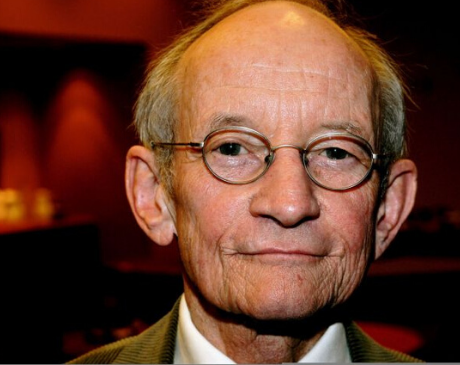Q & A: American Poetry
Q & A American Poetry: Ted Kooser

When you consider your own "tradition," do you think primarily of American poets?
Though dozens of poets and hundreds of poems have shaped my writing, I am most deeply indebted to William Carlos Williams' notion of the "local." My personal tradition is that of the descriptive writer, and I see my job as presenting the world in ways in which it may not have been presented before. Mine is an area especially well developed in American poetry—Elizabeth Bishop is a good example—though we have had splendid English examples in John Clare and others.
What do you see as the consequences of "political correctness" for American poetry?
Anything that restricts free expression is detrimental to poetry, and "political correctness" is ultimately restrictive. For example, wonderful ancient words like "cripple," "deaf," and "blind" are no longer acceptable to the arbiters of political correctness, who want us to replace them with lifeless Latinate euphemisms. American poets who are employed by government agencies like state universities feel pressured to follow the PC agenda, while those of us who are employed in the private sector are more free to use the language as we wish. PC is a political anomaly, because it has been foisted upon us by liberals who wanted to protect the feelings of minorities and disenfranchised groups, but by its repressive nature it is conservative, perhaps even fascist.
Published 1999.


